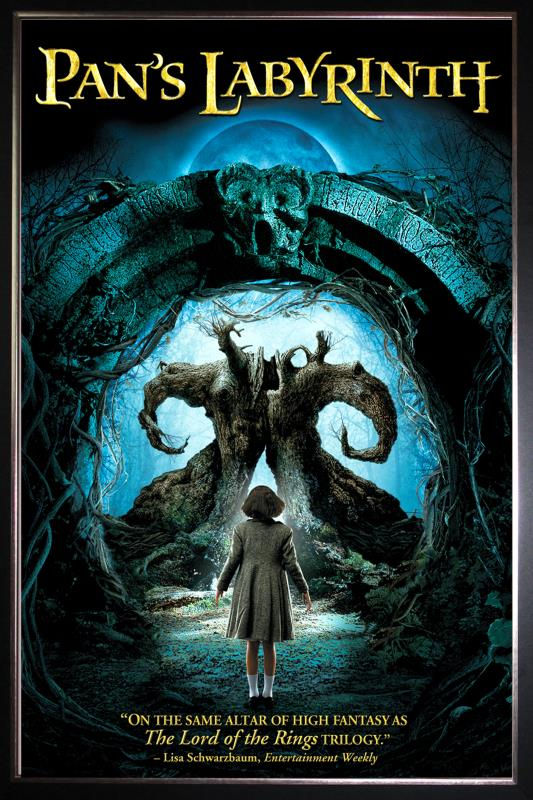A History Lesson: A Review of "Selma"
- Madeline Glanton
- Feb 8, 2021
- 4 min read
Martin Luther King Jr. was seemingly more than a man. He was a movement. At least, that’s the way he was made to look in school when I learned about him. He was arguably one of the most important men in American history, who made strides in the civil rights movement that were once deemed impossible. It’s easy to forget that he was just a man, albeit, a man with an admirable dream. Some people lose sight of the struggles he and many went through to be closer to achieving that dream. “Selma,” the 2014 historical drama directed by Ava DuVernay, focuses on the struggle for black Americans to be able to register to vote in 1965 and aims to educate its audience on the movement instead of just one man through the use of beautifully written monologues and devastating acting performances. First things first, David Oyelowo, the actor who portrayed the famous civil rights activist, deserves the highest praise for his performance. He was extremely believable. With every carefully worded phrase, he came off just as humble, wise, and inspiring as the actual man himself. That being said, Oyelowo was not what made this movie a hit for me. It was the focus on the individual people fighting for their rights. For example, one moment in the film that stuck out to me was when Annie Lee Cooper, played by Oprah Winfrey, goes to the courthouse in Selma to register to vote. She fills out the form and turns it in, only to be met with resistance from the white man working there. The screenplay writers (Ava DuVernay and Paul Webb), subtly tell us through Cooper complaining about going through the process that this isn’t Cooper's first time trying to register. She’s put through the ringer. He forces her to recite the Constitution’s preamble and the number of judges in the state of Alabama. I was amazed by her tenacity and intelligence. If I had been put in the same place, I would not have known all the answers to the questions he was throwing. Even though I knew my history, I still developed a naive hope that she would get to register. That was when he asked her to name every single judge, and that’s when it hit me. It wouldn’t have mattered if she knew the answer to every single question he asked. He would still gatekeep one of our most fundamental rights. It was a devastating moment of clarity. The frustration I was feeling over this one little scene gave me a small glimpse of what it must have been like to be so close yet so far. My heart ached for her to the point of frustrating tears. As the film went on, this feeling only grew. I was amazed that despite learning about this movement, I never truly considered what each individual was feeling when they were told by their community that they were less human and less American just because of the color of their skin. Through the use of close ups and voiceovers, I felt like I was living through this nightmare of injustice and my admiration of these people just grew tenfold. The scene that really brought me to tears though was the first attempt across the bridge when all the protesters were tear gassed and beat. I get choked up thinking about it. DuVernay utilized shaking camera work to increase the feeling of panic and fear that the scene portrayed. It felt so realistic. I could feel the sheer terror these people must have felt as the police and state troopers, who were supposed to protect them, beat them to the verge of death. To my amazement, they kept attempting the march and eventually succeeded. If I had been in their shoes, I don’t think I could have been that brave. By the end of the movie, I was inspired by their bravery to keep up the good fight for equality and I was disgusted by the way history has framed this movement. I had been taught that President LBJ was the champion of civil rights, but through this movie, I saw him as the political coward he was. The scenes where he could have enacted legislation sooner, frustrated the hell out of me and when he eventually announced the Voting Rights Act, I screamed “FINALLY!” Sure, he finally got around to doing the right thing, but he shouldn’t have been praised for it. Luckily this movie focused on the true heroes of the civil rights movement. They emphasized their heroics in a very satisfying montage at the end of the march, where, through the use of writing across the scene, they told the audience how these heroes kept on making history. Martin Luther King Jr. was a great man and he did many things for the black Americans of this country, but he wasn’t the only one fighting the good fight. History tends to forget the little guy when talking about progress being made. Luckily, “Selma” gives a beautiful reminder of all the people, both well known and forgotten, that helped American get where it is today. I encourage you to watch this heartbreaking yet inspiring film. It will bring a tear to your eye and an ache to your soul, but this painful reminder of the past will leave you feeling more educated than any history class ever could.



Comments